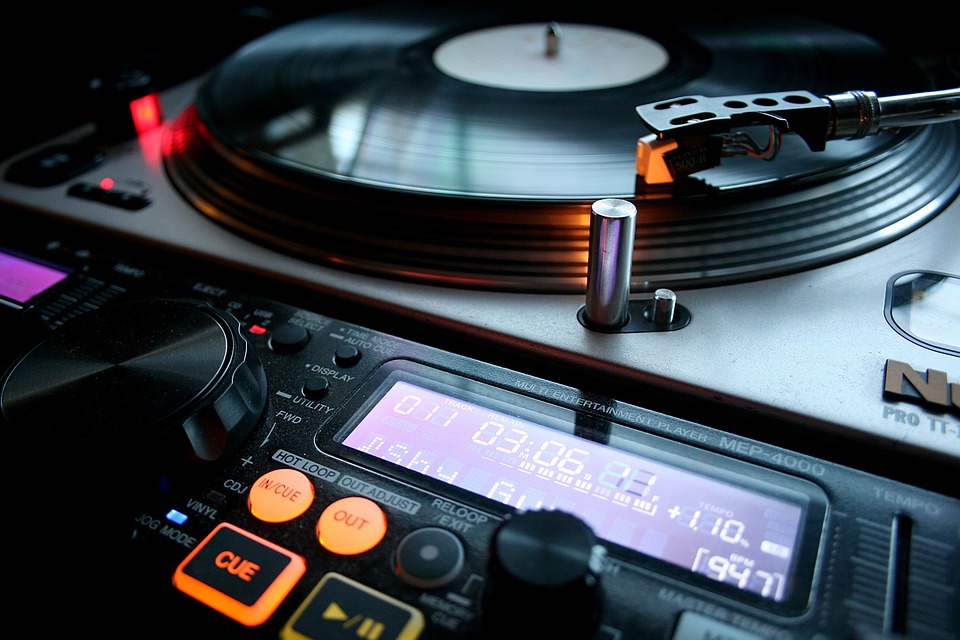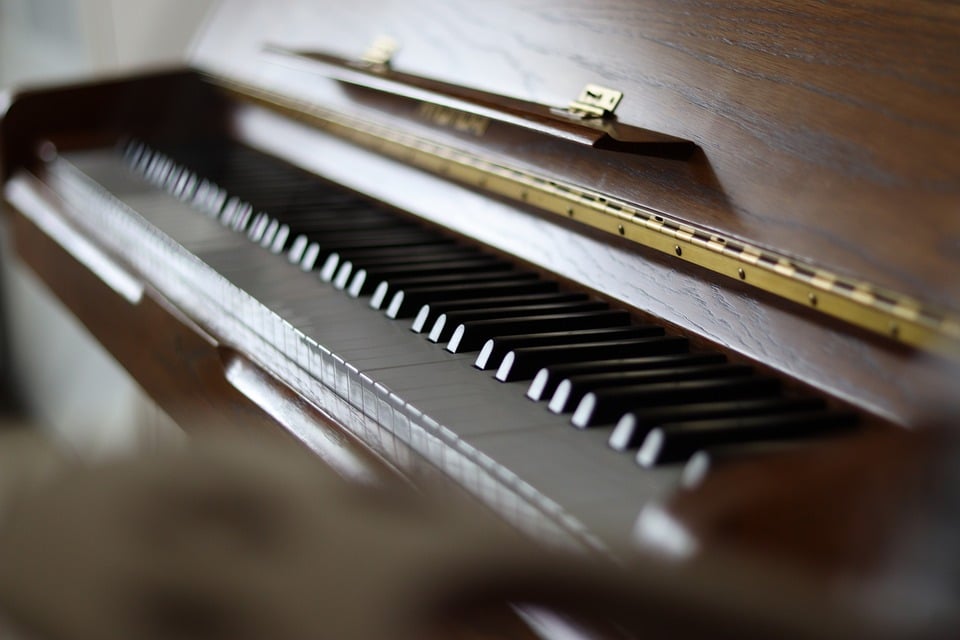AES/EBU cables are vital for transmitting high-quality audio signals in professional settings. Choosing a good brand can significantly affect sound quality and reliability. This article delves into the qualities that make a brand of AES/EBU cables stand out, ensuring musicians and producers can make informed choices.
Quality of Materials
The quality of materials used in AES/EBU cables is crucial for performance. High-quality conductors, typically made of copper, ensure optimal signal transmission. Copper has excellent conductivity characteristics, reducing the risk of signal loss or degradation. Brands that prioritize using pure copper or oxygen-free copper in their cables tend to offer superior performance.
In addition to the conductors, the insulation and shielding materials play significant roles in protecting the audio signal. Good brands utilize high-grade shielding techniques to minimize electromagnetic interference (EMI) and radio frequency interference (RFI). This ensures that the audio signals remain clear and free from unwanted noise, which is particularly important in professional audio environments where clarity is paramount.
Durability and Build Quality
A good brand for AES/EBU cables should exhibit exceptional durability and build quality. Cables often undergo frequent plugging and unplugging, especially in live performance settings. Brands that use robust connectors and flexible yet sturdy cable jackets can withstand the rigors of daily use. Look for brands that offer cables with reinforced connectors to prevent wear and tear.
Moreover, a well-constructed cable will be less prone to tangling or kinking, which can damage the internal wiring. Brands that focus on design elements, such as strain relief and high-quality soldering, ensure that their products can endure rough handling while maintaining consistent performance. This is essential not just for longevity but also for maintaining audio integrity over time.
Performance and Signal Integrity
Performance is a defining characteristic of a good AES/EBU cable brand. The primary function of these cables is to transmit digital audio signals without introducing latency or distortion. A reliable brand will ensure that their cables support the required sampling rates and bit depths for professional audio applications. This means that the cables should maintain signal integrity across various distances without degradation.
Brands that invest in rigorous testing and quality control processes are more likely to provide cables that can handle different audio formats and environments. Additionally, performance metrics such as jitter, noise floor, and frequency response should be well within acceptable ranges, ensuring that the audio experience remains pristine. A good brand will often provide specifications that highlight these performance aspects, allowing consumers to make informed decisions.
Brand Reputation and Trust
The reputation of a brand in the audio industry can significantly influence the choice of AES/EBU cables. Established brands with a history of quality and reliability tend to inspire more confidence. User reviews, industry endorsements, and testimonials can provide valuable insights into a brand’s standing. Brands that have been around for a while and are well-regarded by professionals are often safer bets.
Moreover, a brand that actively engages with its customers and listens to feedback tends to build a stronger community around its products. This engagement can lead to continuous improvements and innovations, which are essential for staying relevant in the fast-evolving world of audio technology. A good brand will not only focus on selling products but also on building relationships with its users.
Price vs. Value
When considering AES/EBU cables, the price is an important factor, but it should not be the sole determinant. A good brand offers products that provide excellent value for money rather than just the lowest price. This means that while some brands may charge a premium, they often justify it through superior materials, better performance, and longer warranties.
Consumers should look for a balance between cost and quality. Investing a bit more in a reputable brand can lead to long-term savings by reducing the need for frequent replacements. It’s essential to analyze the features and benefits that come with the price. Brands that offer clear information about their warranty policies and customer support can also add to the perceived value of their products.
Technological Innovations
The audio industry is constantly evolving, and brands that embrace technological innovations can provide better products. New manufacturing techniques, materials, and designs can enhance the performance of AES/EBU cables. Brands that stay ahead of the curve often introduce features that improve usability, such as tangle-free designs or lightweight materials.
Furthermore, some brands invest in research and development to create cables that reduce interference or enhance signal clarity. Keeping an eye on the latest advancements helps consumers choose brands that are committed to providing the best possible audio experience. Brands that showcase their innovations and offer educational resources can be more appealing to consumers looking for cutting-edge technology.
Customer Support and Warranty
A good brand for AES/EBU cables should also provide excellent customer support. This includes having knowledgeable staff who can assist with inquiries and troubleshooting. A responsive customer service team can make a significant difference, especially for professionals who rely heavily on their equipment.
Additionally, a solid warranty policy reflects the brand’s confidence in its product. Brands that offer extended warranties or satisfaction guarantees demonstrate their commitment to quality and customer satisfaction. This assurance can give buyers peace of mind, knowing that they are protected against potential defects or issues.
Compatibility with Equipment
Compatibility is another critical aspect when choosing AES/EBU cables. A good brand will ensure that its products are compatible with a wide range of audio equipment, including mixers, interfaces, and digital audio converters. This versatility allows users to integrate the cables seamlessly into their existing setups.
Brands that provide detailed specifications and compatibility information help consumers make informed choices. It’s essential for musicians and audio engineers to ensure that the cables they purchase will work effectively with their gear to avoid potential issues during recording or live performances.
Environmental Considerations
In today’s world, environmental consciousness is becoming increasingly important. Brands that prioritize sustainable practices in their manufacturing processes are more appealing to environmentally aware consumers. This includes using recyclable materials, reducing waste, and ensuring ethical sourcing of components.
Choosing a brand that focuses on sustainability not only contributes to environmental protection but also aligns with the values of many consumers. Brands that transparently communicate their efforts towards sustainability often resonate better with a modern audience, making them more trustworthy and appealing.
Conclusion
Choosing a good brand for AES/EBU cables involves considering various factors, including material quality, durability, performance, and brand reputation. While price is an important consideration, it is essential to focus on the overall value that a brand offers. Brands that embrace innovation, provide excellent customer support, and maintain compatibility with a wide range of equipment are more likely to satisfy the needs of music professionals. By carefully evaluating these aspects, musicians and audio engineers can select the right AES/EBU cables that enhance their sound quality and reliability, ultimately leading to a better audio experience.
FAQs
1. What is the difference between AES/EBU and other audio cables?
AES/EBU cables are specifically designed for digital audio transmission, providing balanced connections that help prevent noise and interference. Other audio cables, like RCA or TRS, serve different purposes and may not offer the same level of signal integrity for digital audio.
2. How long can an AES/EBU cable be without losing signal quality?
Typically, AES/EBU cables can maintain signal quality for distances up to 100 meters (328 feet). However, this can vary based on the quality of the cable and the environment in which it is used. Always refer to the manufacturer’s specifications for detailed information.
3. Can I use AES/EBU cables for analog signals?
No, AES/EBU cables are designed exclusively for digital audio signals. For analog audio signals, it is essential to use cables specifically designed for that purpose, such as XLR or TRS cables.
4. Is it worth investing in higher-priced AES/EBU cables?
Yes, investing in higher-priced AES/EBU cables can be worthwhile as they often provide better materials, durability, and performance. A good quality cable can enhance audio clarity and reduce the risk of issues during recordings or live performances.
5. How should I maintain my AES/EBU cables?
To maintain your AES/EBU cables, avoid bending or twisting them excessively, and store them properly when not in use. Regularly check for any signs of wear or damage, and clean the connectors with appropriate cleaning solutions to ensure optimal performance.

